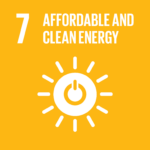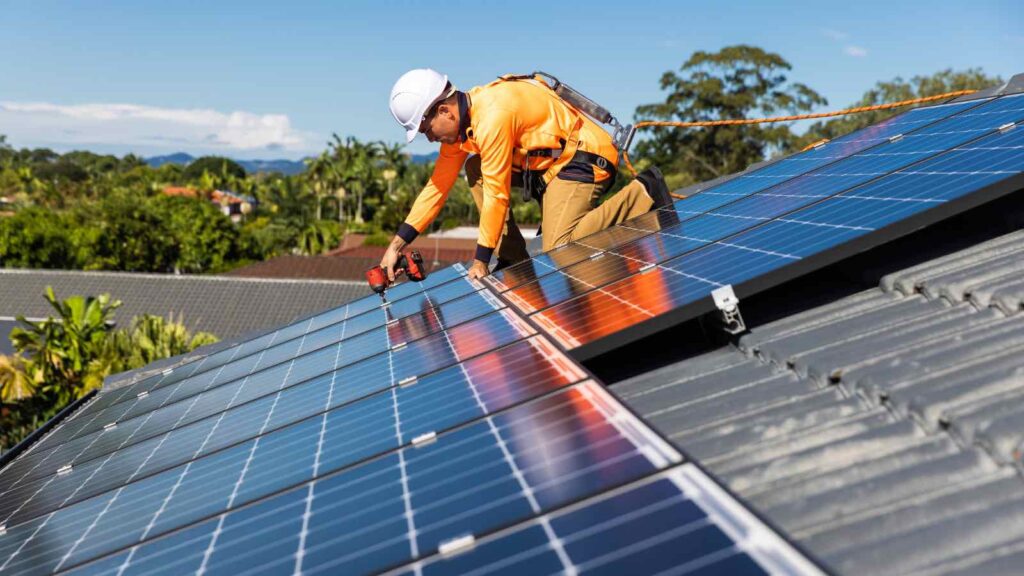The recently issued Decree No. 135/2024/ND-CP, dated October 22, 2024, offers incentives to facilitate self-produced rooftop solar power for self-use.
HANOI, Vietnam — In a strategic move towards sustainable energy, the Vietnamese government has rolled out new incentives to boost the adoption of self-produced rooftop solar power. The recently issued Decree No. 135/2024/ND-CP, dated October 22, 2024, sets a clear framework to encourage the growth of rooftop solar power for self-use across the nation. As climate challenges escalate and the demand for clean energy surges, this policy is poised to redefine Vietnam’s energy landscape.
RELEVANT SUSTAINABLE GOALS



Aiming For A Cleaner, More Resilient Energy Future
Vietnam’s latest decree promotes the installation of rooftop solar systems in diverse locations, from residential buildings to industrial parks, economic zones, and high-tech parks. The emphasis is on self-sufficiency, with the government prioritizing systems not connected to the national grid. These systems are now allowed to operate at unlimited capacities, offering homeowners and businesses the freedom to harness and utilize as much solar energy as needed without the constraints of licensing.
The strategic focus on decentralized energy aligns with global sustainability trends. By making rooftop solar more accessible and attractive, Vietnam is not only addressing its energy needs but also contributing to global carbon reduction efforts.
Incentives to Accelerate Adoption
The government’s plan doesn’t stop at removing capacity limits for non-grid-connected systems. The decree introduces tax breaks and simplified procedures to lower barriers for households and organizations. This approach aims to make the transition to renewable energy as seamless as possible.
For systems that do connect to the national grid, there’s an opportunity to sell surplus energy back—but with restrictions. If a system’s capacity exceeds 1MW, the owner must secure an operating license to sell the excess power. Moreover, the decree caps the amount of energy that can be sold back to the grid at 20% of the system’s total capacity, ensuring that the primary focus remains on self-consumption.
Vietnam’s new policy aims to significantly reduce dependency on traditional energy sources, encouraging citizens to produce and consume their own energy. By incentivizing small-scale solar power production, the government hopes to unleash the potential of rooftops nationwide, turning them into valuable sources of clean, sustainable power.
Opportunities and Challenges Ahead
The move towards promoting rooftop solar power is not just a response to growing energy demands; it’s a forward-looking strategy to address the twin challenges of energy security and environmental sustainability. By simplifying regulations, offering tax incentives, and promoting decentralization, Vietnam is laying the groundwork for a greener future.
However, the journey to widespread adoption is not without hurdles. To fully realize this vision, the country will need to invest in training, awareness programs, and infrastructure support, ensuring that all citizens, from urban households to rural communities, are equipped to harness solar energy effectively.
Lead image courtesy of zstockphotos (Solar panel technician with drill installing solar panels)
You may also be interested in :
Southeast Asia’s Renewable Energy Potential : Can The Region Catch Up To Global Leaders ?





